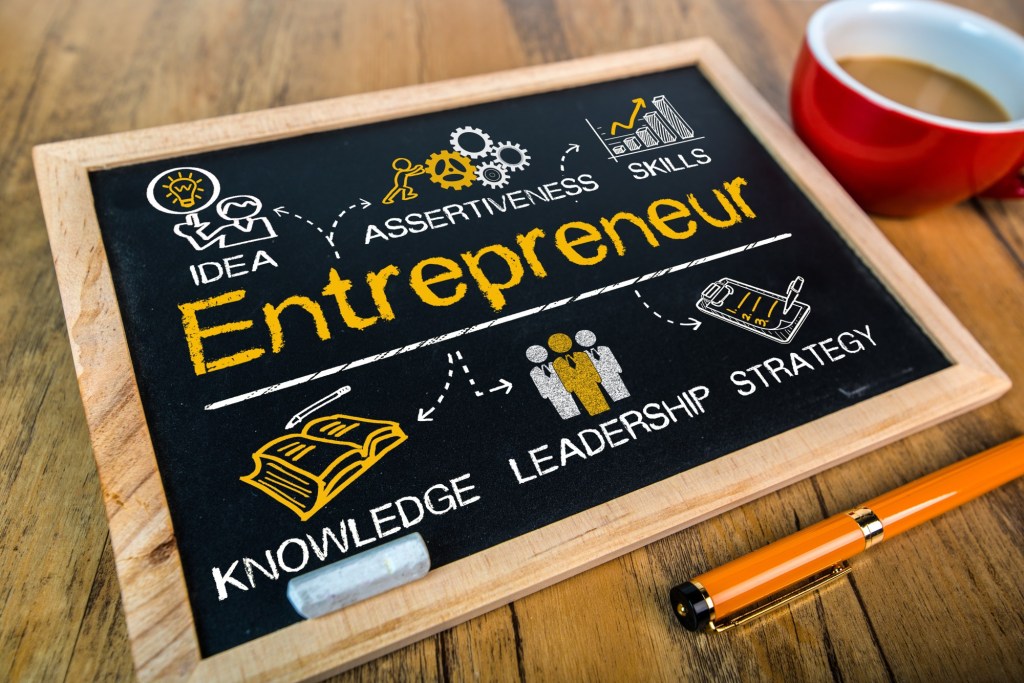The other day, a friend confronts me with the concept of “equifinality.” I’m thinking he owes me money, and this is his way of telling me to just write it off.
Nope. What he is telling me is a really important entrepreneurial concept. Equifinality is the principle that says in open systems a given end state can be reached by many potential means.
In other words, there is more than one way to skin a cat. That assumes your startup is developing artificial intelligence tools for cat-skinning.
Equifinality applies in psychology, archaeology and in business. The business application says, “similar results may be achieved with different initial conditions and in many different ways.”
Case in point. You are launching a product or a service, and you make all the classic moves to find product-market-fit. You talk to customers, you do an MVP (minimum viable product), you do focus groups, you promote on various social media sites, etc.
In my little AI company, we also start to talk to some consultants, big shots, full-service marketing companies, experts. What we find is that each one has a different perspective, offering us a series of possibles, a menu of options, but all of them, without fail, are selling. They are selling us. They own a smoke machine, and they want me to inhale.
Consider equifinality. We want to win, but there are “different trajectories to the same end state.” No outsource, do the hard work, we decide to build our team in-house because we want to own the intelligence. Our ability (and maybe our need) to pivot along the track is massively increased by being able to see data in real time, not influenced, delayed or obfuscated by an outside entity.
Beware the smoke machine. We are drafting players, we are not investing in someone else’s team.
This is not as intuitive as it might seem. As a CEO if I pick Boston Consulting or Goldman Sachs, I won’t lose my job, even if their work is wrong and costs us money and ends up being worthless. They are name brands.
A dark sentence for your startup is that by making that choice you are abdicating the responsibility to add intrinsic value to your company. However, this has some nuance.
Why build software and get a patent versus outsourcing to a generic tool? The tool allows you to go faster, perhaps to get to market sooner, but I am inclined to try to own the core algorithms.
Licensing software to integrate into a product ranks right up there in complexity with quantum computing and quarks. I do not have a firm point of view on this, but the value of your product and your team is to some extent correlated to your owned intellectual property, which in baseball lingo means don’t rent the gold-glove shortstop.
And remember Meta will pay you $100M for a great left-handed reliever.
Now, please allow me a minor rant on the entrepreneurial ecosystem of individuals who have a relentless need and desire to give advice. In the past month, I have been inundated with numerous “been-there-done-that” executives, former CEOs, “previously exited founders,” all apparently in search of a “job” giving advice.
They are creating groups and incubators and offers of assistance, all designed in good faith to help the entrepreneur, but with the little secret of wanting something. It is not a gift, you understand. It is advice for which you are asked to pay in some way. The reciprocity bias is alive and well.
Mentoring and advice to the nonprofit world, all good and bravo and yes. And go big.
But I have begun to suspect that promoting “50 ways to build a unicorn in 12 easy lessons” is actually nothing more than a cheap con, when what you really want is investors for your new fund.
If this entrepreneur game were simple, everyone would do it. We lie to each other and then we go to lunch.
“Everybody knows the dice are loaded, everybody rolls with their fingers crossed.” — Leonard Cohen
I apologize now if this is perceived as arrogant or elitist. That is not the intention. But note well, there is no free lunch and that image in your rearview mirror is the Final Consultant. Say hello to Artificial Intelligence in all its horror and glory.
Rule No. 793: Tell the truth.
Senturia is a serial entrepreneur who invests in startups. Please email ideas to neil@askturing.ai
